+91 88 444 111 22 | info@emeelectromech.com
+91 88 444 111 22 | info@emeelectromech.com
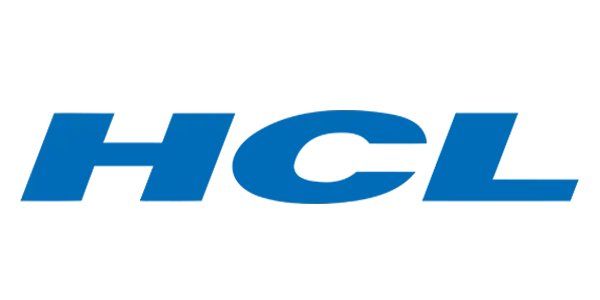
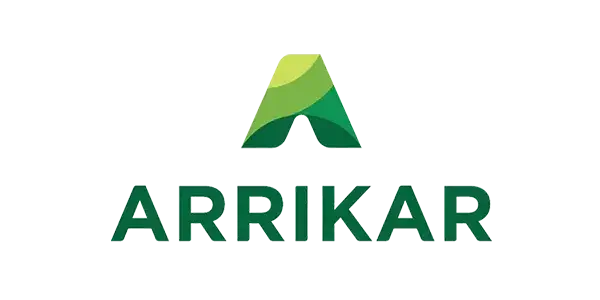
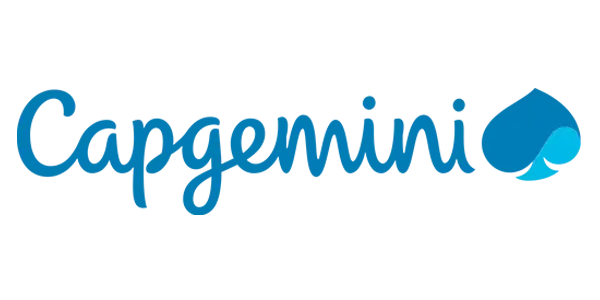
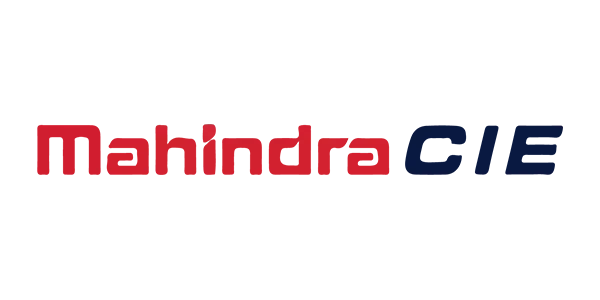
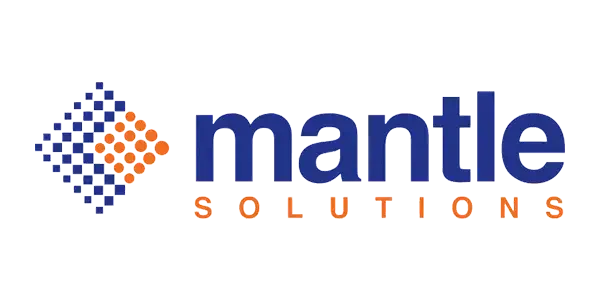

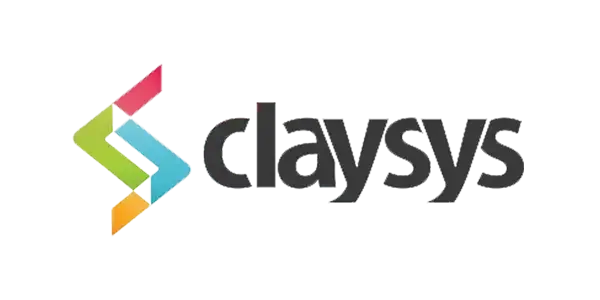
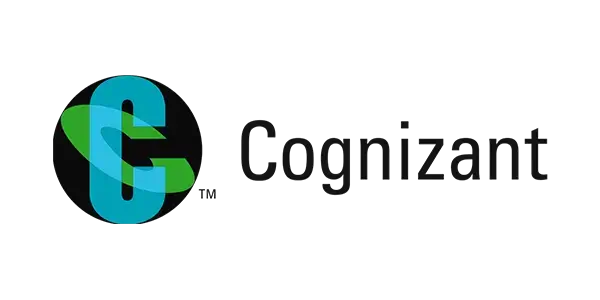
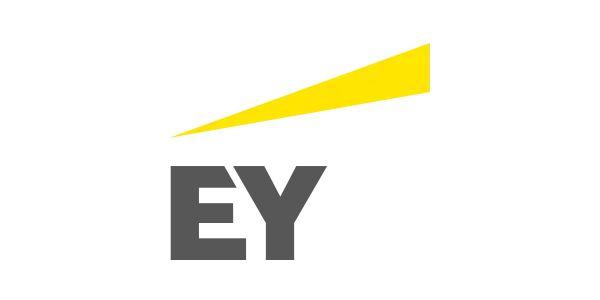
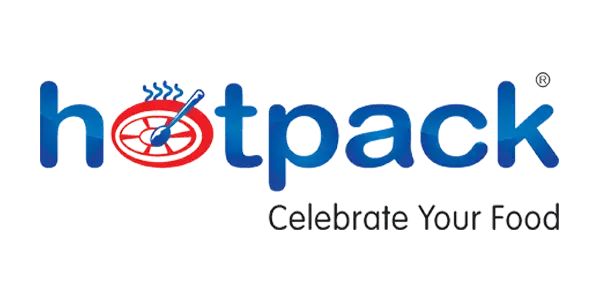
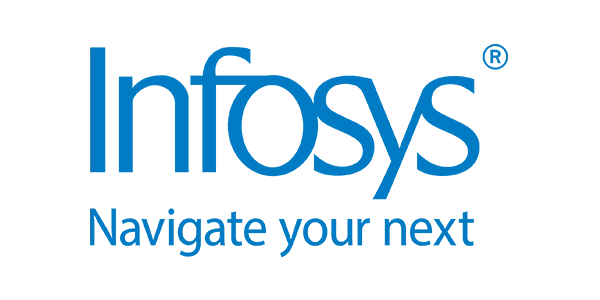

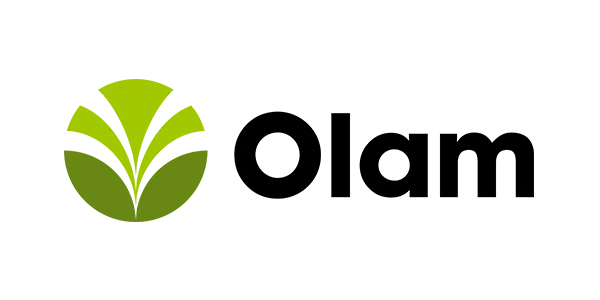
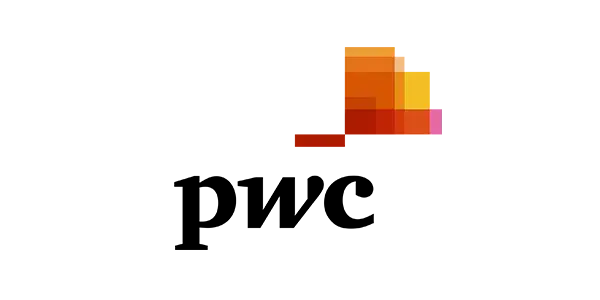
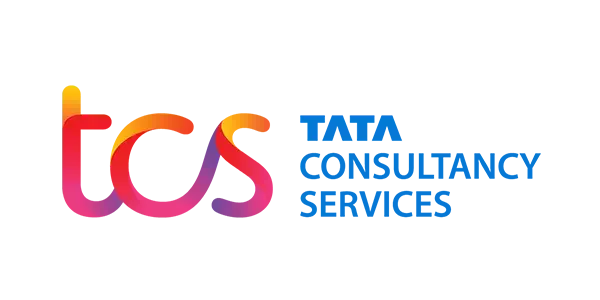
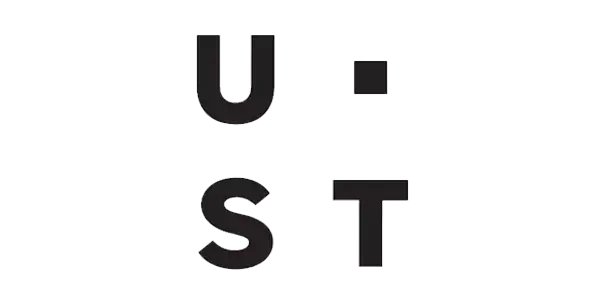

This certification shows that you’ve got the basic and proven skills to work with SAP S/4HANA Financial Accounting. It’s perfect for beginners who want to start a career as a financial accounting consultant. Once certified, you’ll be able to work on projects using both SAP S/4HANA Cloud (private edition) and on-premise versions.
To get ready for the exam, make sure you complete the “Managing Clean Core” Learning Journey, along with the other learning paths. Technology changes fast. To stay sharp and in demand, you’ve got to keep learning. SAP makes it easier by helping you stay certified.
Subledgers: These track money going in and out. SAP uses Accounts Payable, Accounts Receivable, and Fixed Assets to do this in real time.
Reconciliation: These subledgers sync automatically with the main accounting book (general ledger) to keep numbers accurate.
Universal Journal (ACDOCA): It puts all your financial data in one place, making it easier to manage and report.
Order to Cash: From getting a customer order to collecting payment.
Purchase to Pay: From buying essentials to paying the bill.
Acquire to Retire: Managing company assets from when you buy them to when you stop using them.
Record to Report: Recording and sharing financial information clearly and correctly.
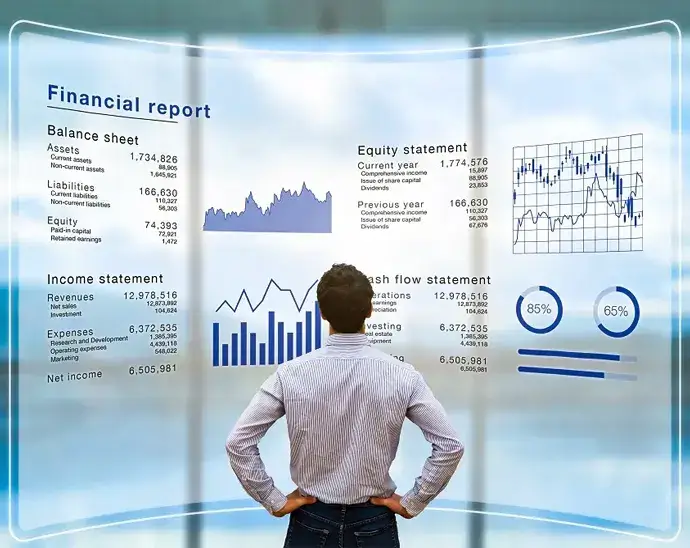

Subledgers: These track money going in and out. SAP uses Accounts Payable, Accounts Receivable, and Fixed Assets to do this in real time.
Reconciliation: These subledgers sync automatically with the main accounting book (general ledger) to keep numbers accurate.
Universal Journal (ACDOCA): It puts all your financial data in one place, making it easier to manage and report.
Order to Cash: From getting a customer order to collecting payment.
Purchase to Pay: From buying essentials to paying the bill.
Acquire to Retire: Managing company assets from when you buy them to when you stop using them.
Record to Report: Recording and sharing financial information clearly and correctly.

General Ledger (FI-GL): Your main financial dashboard.
Accounts Payable (FI-AP): Tracks what you owe to vendors.
Accounts Receivable (FI-AR): Tracks what customers owe you.
Bank Accounting (FI-BL): Manages your bank transactions.
Asset Accounting (FI-AA): Keeps track of your company’s assets.
Funds Management (FI-FM): Helps public groups manage budgets and spending.
Real-time visibility: Get up-to-date data from anywhere.
Work faster: Instead of complicated paperwork, use smooth processes.
Stay legal: Built-in tools help you follow financial rules and laws.
Make smart decisions: Better data means better choices for your business

The SAP Certified Associate – SAP SuccessFactors Workforce Analytics certification validates…
SAP Master Data Governance (MDG) is an effective solution designed to help groups manage…
SAP BTP is a powerful, integrated solution from SAP that brings together a wide range of technologies…
This certification verifies that you possess the important abilities required of the SAP S/4HANA Sales…
WhatsApp us
